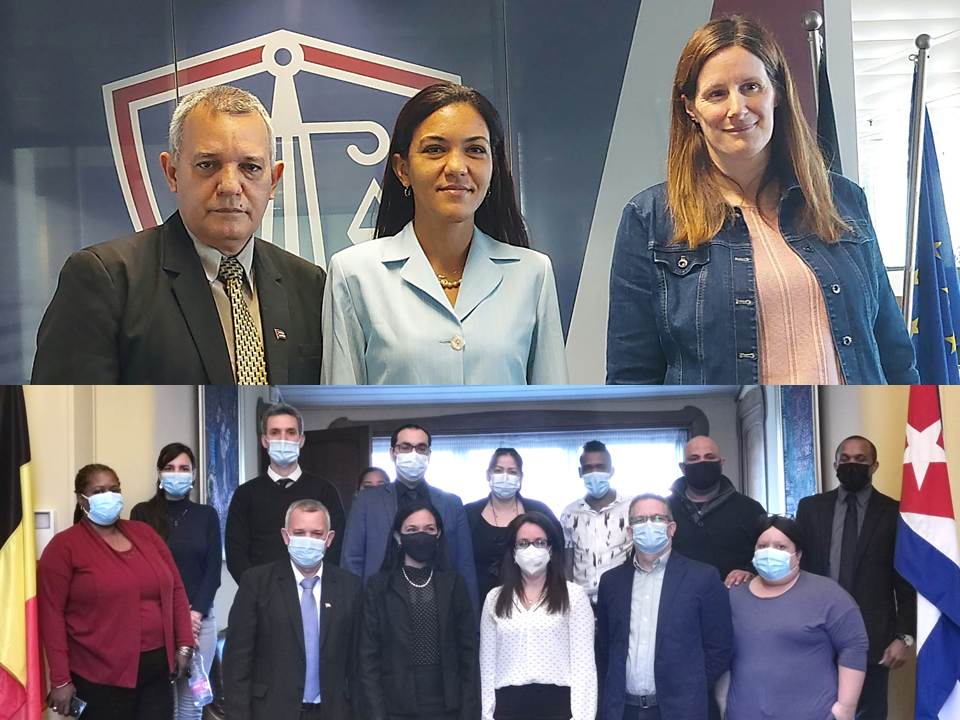In an interview with Prensa Latina, Diaz described the visit as beneficial, based on the various meetings held, the issues discussed and the foundations laid for future meetings and cooperation possibilities.
According to the deputy minister, the activities conducted during the visit gave continuity to a work program on European soil and was also conducive to exposing the complex situation Cuba is subjected to.
The ongoing debates on the new Family Code, the updating of criminal regulations, the computerization of society, the successes in fighting Covid-19 and the processes taking place as a result of the events of last July 11th, also were touched upon during the talks.
Diaz explained to her interlocutors that those prosecuted for last summer’s riots in Cuban cities are people suspected of having committed crimes, and not for political reasons, as media outlets abroad ill-intentionally reflect.
The Cuban official spoke with Mathilde Steenbergen, Director of Justice in the Strategic Cell of the Federal Public Service of Justice of Belgium, in an initial meeting of rapprochement, which left the door open for eventual cooperation in matters of training and legislation, among others.
She also spoke with the head of the Mexico, Central America and the Caribbean Division of the European External Action Service, Jonathan Hatwell, and with the director for Latin America and the Caribbean of the Central Directorate of International Associations of the European Commission, Jolita Butkeviciene.
pgh/llp/oda/wmr









